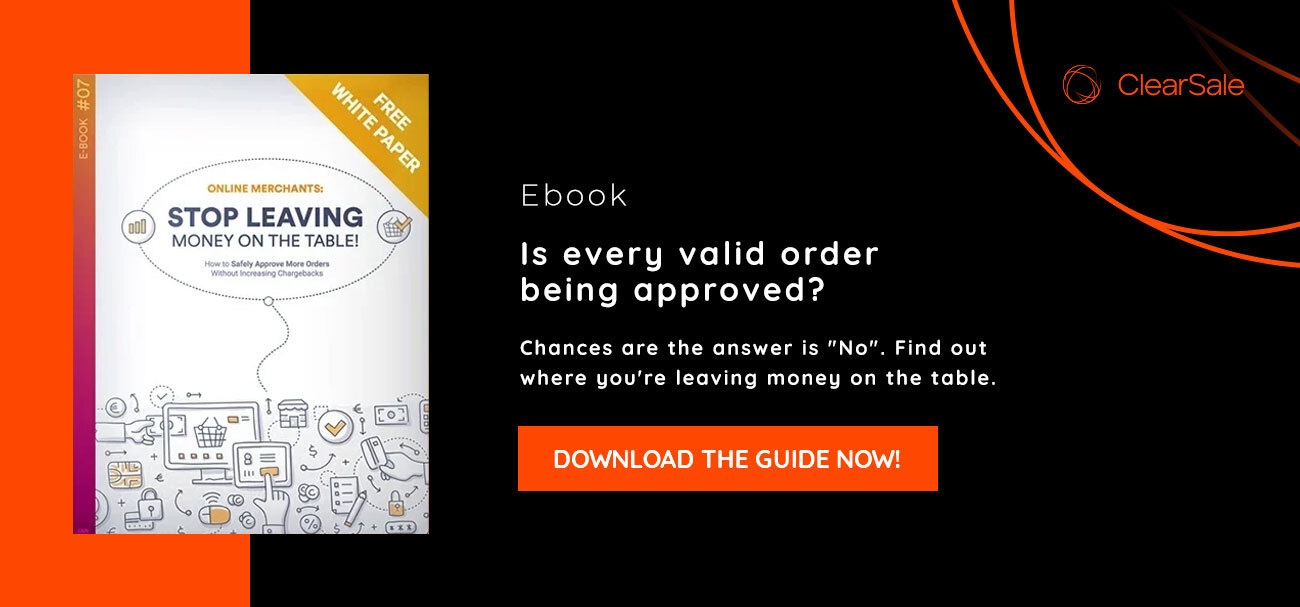E-Commerce Fraud Risk: Venezuela
While it’s expected that transactions originating from foreign IP addresses are risky, many e-commerce merchants don’t realize just how risky they can be. Experian reports that these international sales can be seven times riskier than the average sale, with most of the e-commerce fraud coming from China and Venezuela.
Many merchants don’t yet have Venezuela on their radar as a potential risk. But maybe they should.
What Makes e-Commerce Sales Challenging in Venezuela?
With a volatile exchange rate, buying and selling items in Venezuela isn’t easy. At one point, the black market exchange rate hit 191,000 bolivars per U.S dollar – compared with just 6 to 200 bolivars per dollar on the “official” market.
Additionally, internet penetration is still slow in Venezuela, with only an estimated 65% of the population able to access the internet in 2017. This significantly challenges the ability of banks and e-commerce merchants to conduct business online and offer secure transactions for customers.
The ongoing economic crisis has also negatively affected e-commerce growth. Notable, government restrictions on foreign exchange for online credit card purchases have been an issue. The government has reduced the limit on currency conversions for overseas online credit card purchases from $400 to $300 per year, per individual. Unless a Venezuelan has an overseas back account, their capacity to purchase goods and services online from foreign vendors is limited.
Despite these barriers, many Venezuelans have begun to rely on credit cards as a way to avoid frustrating trips to the bank for cash. But as banks struggle to keep pace with hyperinflation and transfer limits, even credit card transactions in the local currency are difficult for merchants and customers to manage.
Finally, e-commerce has been slow to catch on in Venezuela simply because economic conditions and limited disposable incomes have prevented consumers from purchasing the smartphones, tablets and computers that would allow them to jumpstart e-commerce in the country.
What Fraud Risks Do e-Commerce Merchants in Venezuela Face?
The fraud risks e-commerce merchants face in Venezuela are plentiful and include bribery and kickbacks with local officials, skyrocketing inflation, and lack of currency controls — all issues that may give e-commerce pause when deciding to expand. Here are some of the other barriers to entry:
Lack of Debit Card Usage
Thanks to rising fraud levels, many banks in Venezuela and the rest of Latin America ban the use of debit cards for online purchases.
Customers Require Alternate Payment Methods
With inflation rising, some customers demand to be able to pay for transactions using alternate payment methods, payment plans and even installments. While accommodating these customer requests might help merchants win sales, it also requires them taking on an added level of credit risk.
Phishing Continues to Be Effective
Fraudsters in Venezuela continue to rely on old-school phishing attacks simply because they’re wildly effective. The number of attacks worldwide rose 60% in 2018, with fraudsters better able to impersonate brands that consumers trust. As a result, email recipients are more likely than ever to hand over critical account information and login credentials that can be used to launch account takeover attacks.
The Usage of Freight Forwarders Is Rising
Fraudsters have been using freight forwarders to ship fraudulent orders to Venezuela, causing merchants to be out product and shipping costs. Fraudsters test stolen credit card numbers with small purchases, and when they find the winning combination, they make increasingly larger purchases. While it’s hard for merchants to turn down these high-value purchases, they frequently result in even more costly chargebacks.
How e-Commerce Retailers Selling in Venezuela Can Protect Themselves
While confirming the legitimacy of an international transaction shouldn’t be much different than confirming a domestic order, there can be a huge disparity. In fact, foreign orders placed with U.S. merchants are 1.5 times more likely to be fraudulent than domestic orders. Here are a few things merchants can do to mitigate their risk:
Inspect IP Addresses
IP addresses from high e-commerce fraud risk countries like Venezuela — or mismatches between IP addresses and general shipping addresses — should always flag a manual review of a transaction.
Avoid Freight Forwarders
While freight forwarding seems like an easy way to save on shipping to places like Venezuela, not all freight forwarders are reputable and some may hold merchandise for ransom. Before merchants trust a freight forwarder with their merchandise, they should verify their legitimacy by checking their global partner listings and confirming they have an authentic, active website.
Review Atypical Transactions
Unusual transactions are always worth a second look. Exceptionally large orders, multiple orders from one address shipped to different addresses, and obviously fraudulent billing and shipping information should send up red flags.
But just because there’s increased risk in expanding into Venezuelan markets doesn’t mean e-commerce merchants need to avoid it completely. Instead, merchants should implement a sound fraud prevention strategy that will help them safely grow their business.
It’s important to find a fraud prevention partner who has a comprehensive view of fraud, and that includes understanding e-commerce across multiple countries, channels, and payment methods. ClearSale, thanks to its real-time fraud screening and advanced human review, has helped more than 2,500 companies around the world safely grow their business. Contact one of our analysts today to learn how we can help yours, too.
 Sarah Elizabeth
Sarah Elizabeth
